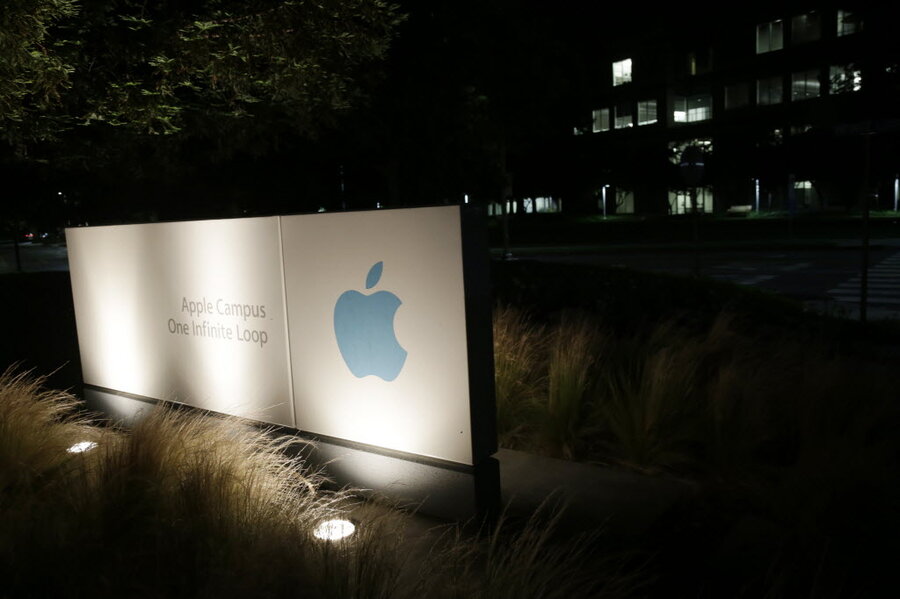Apple files first-ever transparency report, calls out federal government
Loading...
Apple joined several other major tech companies Tuesday in releasing a transparency report after being implicated in the major NSA PRISM surveillance program.
In addition to releasing what it says is as much information on data requests from Jan. 1 to June 30, 2013 as legally possible, in the report Apple is quick to condemn the surveillance and push for further transparency from the federal government.
“We have reported all the information we are legally allowed to share, and Apple will continue to advocate for greater transparency about the requests we receive,” states the introduction to the report.
The report says that Apple received up to 5,542 requests for data from the US government, and responded to at least 3,110 requests with “some” data. Apple clarified that requests could either be device requests, which asks for information on lost or stolen devices, or account requests, which ask for data on a specific iTunes, iCloud, e-mails, or other online accounts. Some 1,000 to 2,000 of these were account requests, though Apple says the majority of these requests asked for basic user info such as name and address, and rarely asked for photos or e-mail content.
Outside of the US, the report shows that Apple received a high number of requests from the UK, Germany, Australia, Spain, Singapore, and France, though all requested about a tenth or less of the amount of account data asked for by the US.
Apple could not be more specific in the account requests section of the report due to a US government “gag order” that restricted their ability to give exact numbers of account requests received and in which cases data was released.
In response to this, Apple has filed an amicus brief at the Foreign Intelligence Surveillance Court in support of a larger group of cases advocating for transparency, adding its support to briefs and letters filed by Yahoo, Google, Facebook, and Microsoft.
“We feel strongly that the government should lift the gag order and permit companies to disclose complete and accurate numbers regarding [Foreign Intelligence Surveillance Act] requests and National Security Letters,” Apple says in the report. “We will continue to aggressively pursue our ability to be more transparent.”
Apple was also clear in saying its business does not depend on gathering personal data from clients.
Apple isn’t the first company to release a transparency report. Google has released transparency reports every six months since 2011 and Facebook released its first transparency report in August.
The wave of transparency started when former NSA contractor Edward Snowden released secret NSA documents this summer that showed nine tech companies were part of a wide-reaching online surveillance program called PRISM. Nearly all have denied knowledge of NSA surveillance outside of filed requests.







